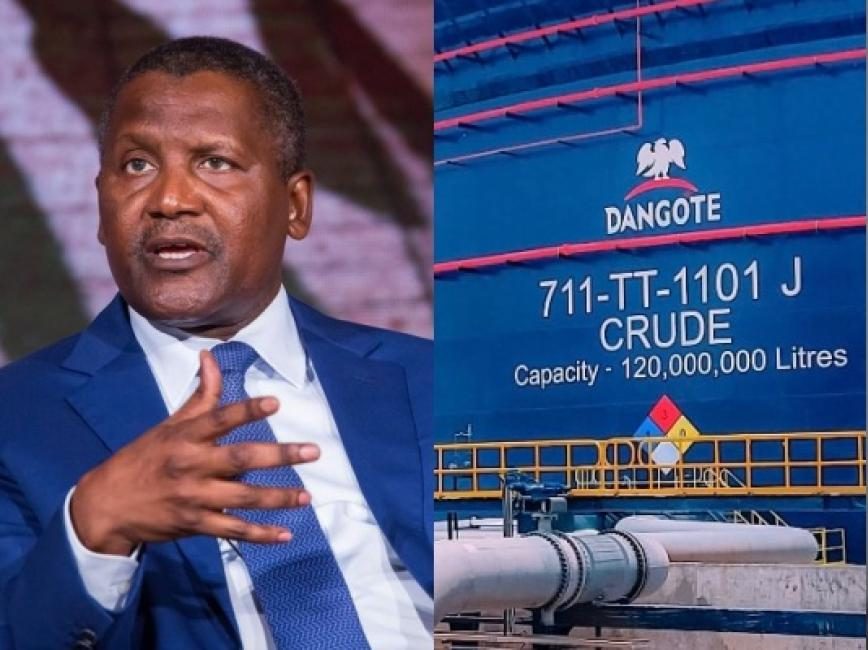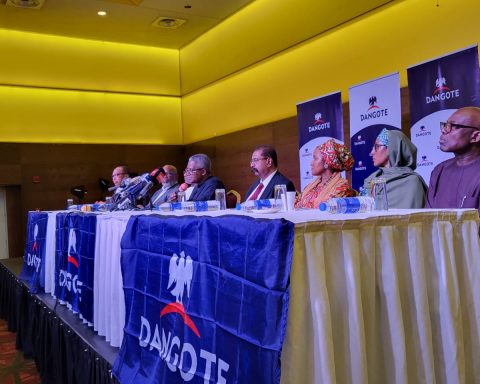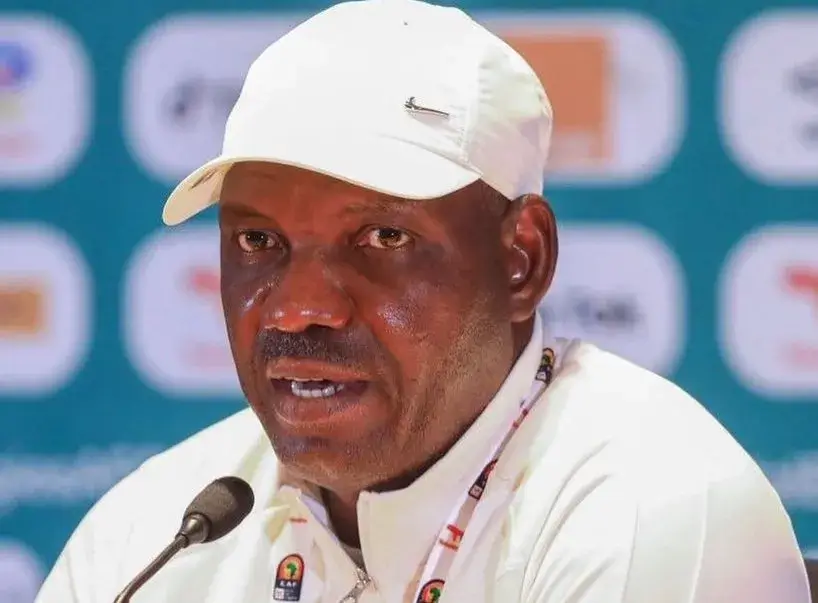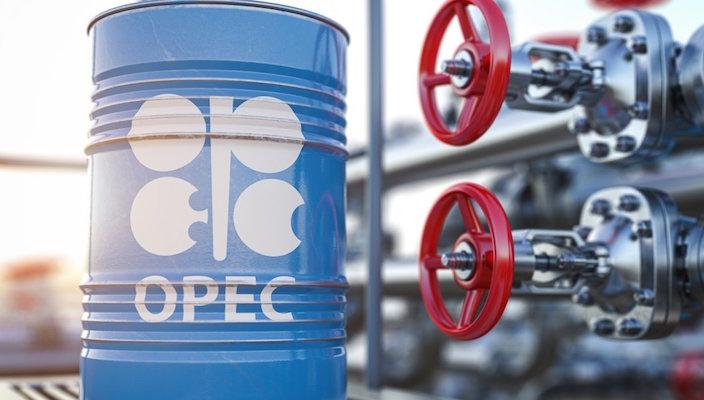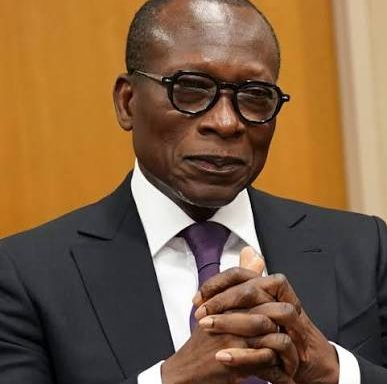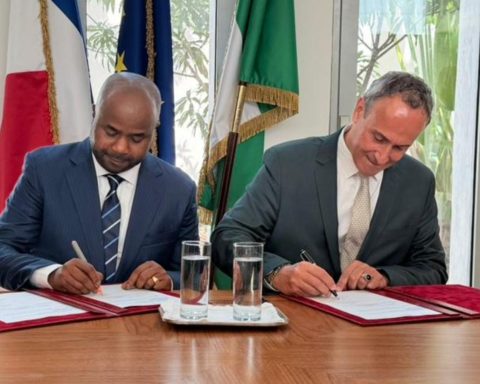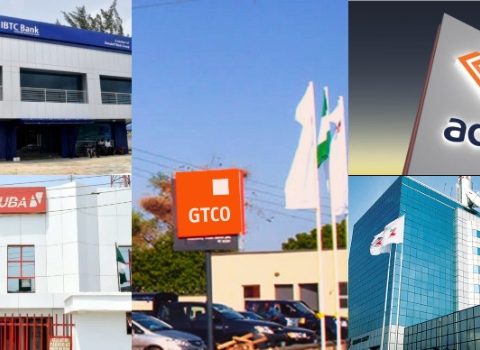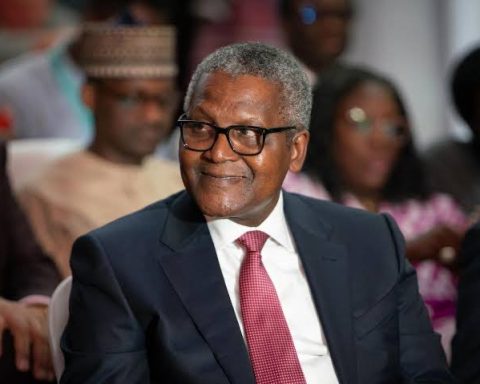The price of fuel in Nigeria has always been a subject of debate, causing ripple effects in every aspect of daily life. From the long queues at filling stations to the rising cost of food and transport, fuel price hikes directly impact Nigerians. The recent news of petrol production commencing at the Dangote Refinery has sparked both hope and skepticism. Will this refinery truly benefit Nigerians, or is it just another illusion in the long list of promises?
The Hype Around Dangote Refinery
Aliko Dangote’s refinery has been touted as a game-changer for Nigeria’s fuel market. With the initial plan to supply 25 million litres of petrol daily by September and ramping up to 30 million litres by October 2024, many expect the refinery to ease the fuel scarcity that has plagued Nigeria for decades.
Join our WhatsApp ChannelThe business tycoon even assured Nigerians of the quality of the petrol, claiming it will match that of any advanced nation.
One might wonder, with Dangote Refinery now in operation, why are Nigerians still experiencing fuel scarcity? Why are prices ranging from N890 to N1250 per litre across the country? For a country that produces crude oil, the irony of fuel scarcity is glaring, and the exorbitant fuel price adds salt to the wound.
A Deregulated Market or a Monopoly?
Fuel prices in Nigeria are no longer regulated by the government, thanks to the Petroleum Industry Act (PIA) and the move to a free-market system. This deregulation means that fuel prices are now determined by market forces, largely influenced by the exchange rate. With the naira’s continuous depreciation, it’s no surprise that fuel prices are soaring.
However, some Nigerians believe that the deregulated market is only benefiting a select few, particularly Dangote. While the refinery’s entry into the fuel market has been framed as a national victory, many wonder if it’s merely a backhanded way to implement subsidies or allow monopolistic control over the market.
“What stops Dangote from buying more crude than he can refine and exporting the rest? How do we even confirm the amount of petrol that will be sold locally?” asked a concerned citizen during a conversation on fuel prices. It’s not just about producing fuel; it’s about transparency and ensuring that Nigerians are genuinely benefiting from the refinery.
The Government’s Role in Fuel Price Control
Despite the deregulation, the Federal Executive Council still holds the power to determine fuel prices in the Nigerian market. This raises questions about how much of the “free market” rhetoric is truly free. While Dangote may produce petrol, the government ultimately decides at what price the public buys it.
“This price hike will only encourage smuggling,” another observer pointed out. “With borders blocked, I doubt this will solve the real issue. Fuel theft is still rampant in the Niger Delta.” The recurring issue of oil theft and smuggling further complicates the government’s ability to control fuel prices.
READ ALSO: Top 10 African Countries With Cheapest Fuel Prices In July 2024
As the government insists that market forces determine fuel prices, many argue that it is only a selective application of free-market principles. After all, how can a free market exist when one company controls such a significant share of the market?
The Everyday Impact of Fuel Prices
Fuel price hikes are not just about what people pay at the pump. Every rise in the cost of fuel reverberates through the economy. Transport fares have increased by as much as 55%, putting additional strain on commuters. Food prices are on the rise, with vendors of staples like rice, plantains, and beans lamenting how they can barely keep up with the increasing costs.
A commuter expressed his frustration: “I wake up at 4 a.m. every day just to get to the filling station and secure fuel. I haven’t been able to get fuel for two days straight. The suffering is too much!”
While the government assures that the refinery will eventually stabilize fuel prices, Nigerians are left to question when that will happen and at what cost to their pockets.
Can Nigeria Truly Be Self-Sufficient?
Nigeria, a country rich in crude oil, has long depended on imported refined petroleum products. The inability to refine oil domestically has created a dependency that many Nigerians hoped the Dangote Refinery would address. However, doubts remain.
“Will Dangote really refine all the crude oil sold to him, or will he export some of it for personal gain?” These concerns reflect the deeper issues surrounding the Nigerian oil industry. It’s not just about producing fuel locally; it’s about ensuring that the benefits of such production reach the Nigerian people.
“Refining oil should be straightforward,” one industry insider commented. “But when you factor in corruption, poor management, and the government’s involvement, nothing in Nigeria is ever as simple as it seems.”
The Future of Fuel Price in Nigeria
As the Dangote Refinery ramps up production, Nigerians remain hopeful yet cautious. The introduction of naira for crude oil purchases, touted as a solution to reduce the demand for foreign exchange, is yet to show tangible results for ordinary citizens.
The promise that Nigeria will never import refined petroleum products again seems ambitious, especially given the state of the country’s other refineries, which have been non-operational for decades. And while Dangote claims his refinery will eliminate fuel queues, the sight of long lines at filling stations continues to paint a different picture.
In conclusion, the debate on fuel prices is far from over. The Dangote Refinery may be a step in the right direction, but unless the government addresses the deeper issues of corruption, oil theft, and transparency, Nigerians may not see the relief they’ve been promised. As one observer said, “In Nigeria, the more you look, the less you see.”
Emmanuel Ochayi is a journalist. He is a graduate of the University of Lagos, School of first choice and the nations pride. Emmanuel is keen on exploring writing angles in different areas, including Business, climate change, politics, Education, and others.


